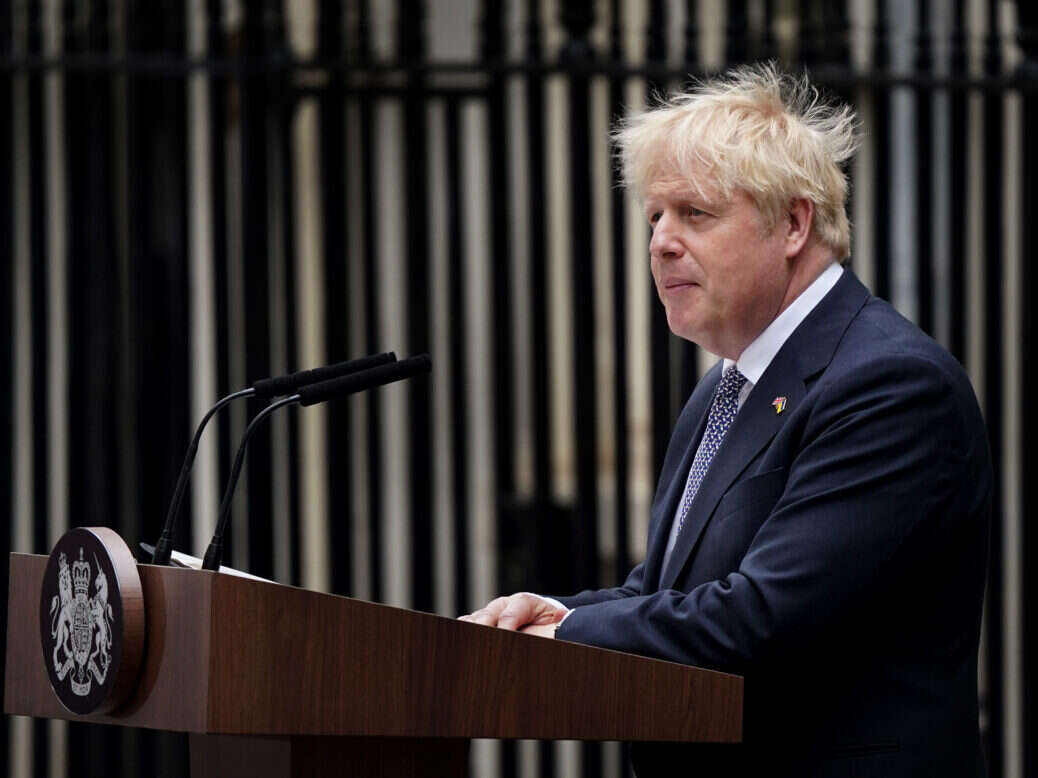
This week we journalists can all walk a little taller.
There will be a change of political leadership in the UK as a direct result of revelations by the news media.
From Barnard Castle to Chris Pincher via Partygate and Wallpapergate, journalists reporting facts that those in power would rather remained secret have changed the course of history.
Last month at a memorial event for the great former Sunday Times editor Harold Evans the historian Simon Schama warned that we live in a “scoundrel age” and that we need the great editor back to “set out in black and white the unvarnished truth”.
Tina Brown said of her late husband: “He never lost his conviction that goodness would prevail but only if people of will and courage held careless power to account.”
The “unvarnished truth” has certainly been set out over the last week and “careless power” is heading for the exit.
First there was Sun political reporter Noa Hoffman who on 1 July, just a few days into the job, revealed that the Tory deputy chief whip had resigned after groping two men whilst drunk.
On Sunday (3 July), the Mail on Sunday splashed on a report by Glen Owens and Dan Hodges claiming the PM knew about allegations against Chris Pincher two years before appointing him deputy chief whip.
Then a a day later, the BBC’s Ione Wells revealed Johnson had been told about a formal complaint about Pincher’s “inappropriate behaviour” when he was a Foreign Office minister in 2019/20.
None of it is quite at the level of the Thalidomide investigation, but the drip-drip of revelations around lockdown-breaching gatherings at Downing Street and other prime ministerial misbehaviour have cost Johnson his job.
As ever, the way he has dealt with revelations (to obfuscate rather than accept) has caused as much damage as the stories themselves.
It’s heartening that the revelations have come from across the political spectrum, including The Guardian, Mirror, ITV News, Telegraph, BBC, Sun and Mail titles.
We set out a timeline of the scoops that damaged Boris Johnson here.
It hasn’t been a concerted campaign, nor can it remotely be described as a conspiracy. The editorial leadership of The Sun and Mail titles are clearly strong Boris supporters, but news is news.
The fourth estate has done its job and UK politics will be cleaner in future as a result.
It’s not for editors to decide who becomes prime minister. But if reporting the truth about Johnson has led colleagues (and the country) to decide he is no longer the right person to be in that job we can reflect that journalists have played their part in democracy and done their duty.
Sir Harry may be gone, but the journalistic values he personified live on.
Picture: PA Wire/Gareth Fuller
Email pged@pressgazette.co.uk to point out mistakes, provide story tips or send in a letter for publication on our "Letters Page" blog
